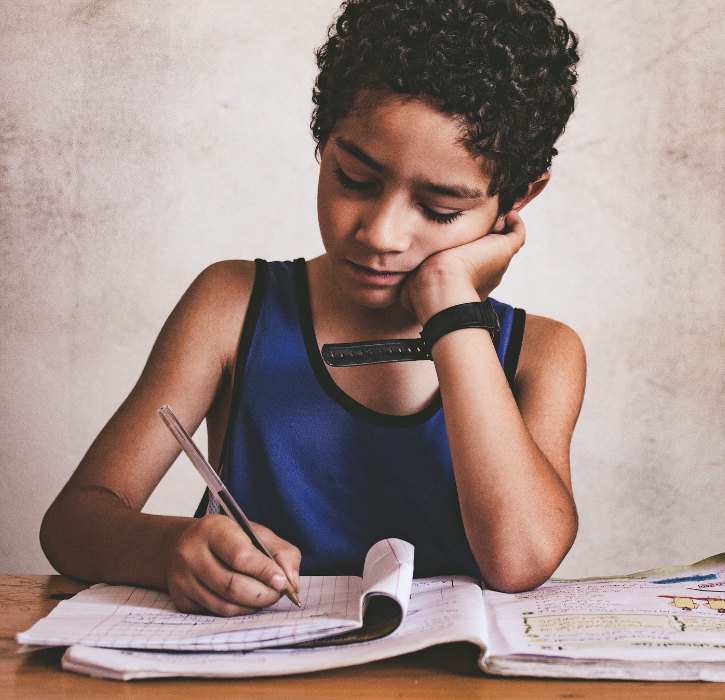by Dr. Ryan T. Woods for Respectful Ways
When learning went online
When the threat of COVID-19 arrived, schools responded quickly. Administrators hustled, principals made announcements, and teachers developed lesson plans. In a matter of days, students were learning from home.
As any instructor knows, academic content represents just one facet of education. Developing social skills and emotional intelligence contributes just as much to a student’s personal formation as learning to read or doing long division.
This is especially true when it comes to trauma-sensitive learning. As many as two-thirds of participants in the CDC-Kaiser ACE study suffered at least one adverse childhood experience (ACE). More than 20 percent reported an ACE score of three or higher. Trauma past and present shapes how students learn, with profound effects on educational outcomes.
Lockdowns present real challenges to offering trauma-sensitive learning. They make it more difficult to support students with ACEs. They also create a fertile environment for intensified stress and abuse, with reports of sexual exploitation involving children also on the rise. Even in the healthiest homes, illness, lost income, or increased responsibilities cause strain. The situation is much worse in violent homes, where students can’t escape.
Fortunately, organizations dedicated to serving children are offering free online resources during this crisis.
Seven free resources for educators (and parents too!)
- As you talk to students about the novel coronavirus, keep in mind the CDC guidelines for addressing this pandemic with children. They may feel disoriented, curious, or worried.
- This handout from The Attachment and Trauma Network (ATN) is another great place to start. It’s a reminder that many of the most meaningful things involve simple gestures: showing empathy, offering choice, and modeling self-care.
- Another, more detailed introduction to helping children confronted with stressful environments comes from the National Association of School Psychologists. Of particular interest are the warning signs to look for in young persons who are in crisis. There is also a list of organizations to contact if you notice a problem.
- The Center for Educational Improvement has an informative blog focusing on different facets of caring for students during the coronavirus, along with other helpful tools.
- Teachers looking to create virtual trauma-sensitive learning environments may wish to read this opinion piece by Brittany Collins in Education Week.
- The National Child Traumatic Stress Network (NCTSN) has a rich repository of reference materials in both English and Spanish. These range from training manuals for mental health providers to cartoons modeling responses to virus-related trauma.
- When it comes to curricular resources to support social learning and emotional regulation, few remote offerings exist. One notable exception is Respectful Ways, a fully online, research-based program. During COVID-19 closures, visitors can use a coupon code for three free modules.
Teachers and parents have proven themselves resourceful when it comes to meeting the needs of student populations during this crisis. By using multiple resources, they will create trauma-sensitive learning experiences that will help meet some of children’s deep emotional needs.
What’s next for trauma-sensitive learning
These are uncertain times, with a strong likelihood that schools will be forever changed when they reopen. The trauma students are experiencing, with the accompanying grief, anxiety, and disconnection is just beginning, and schools will have to adapt. The good news is, educators are already starting to make this happen, using online tools to help.



